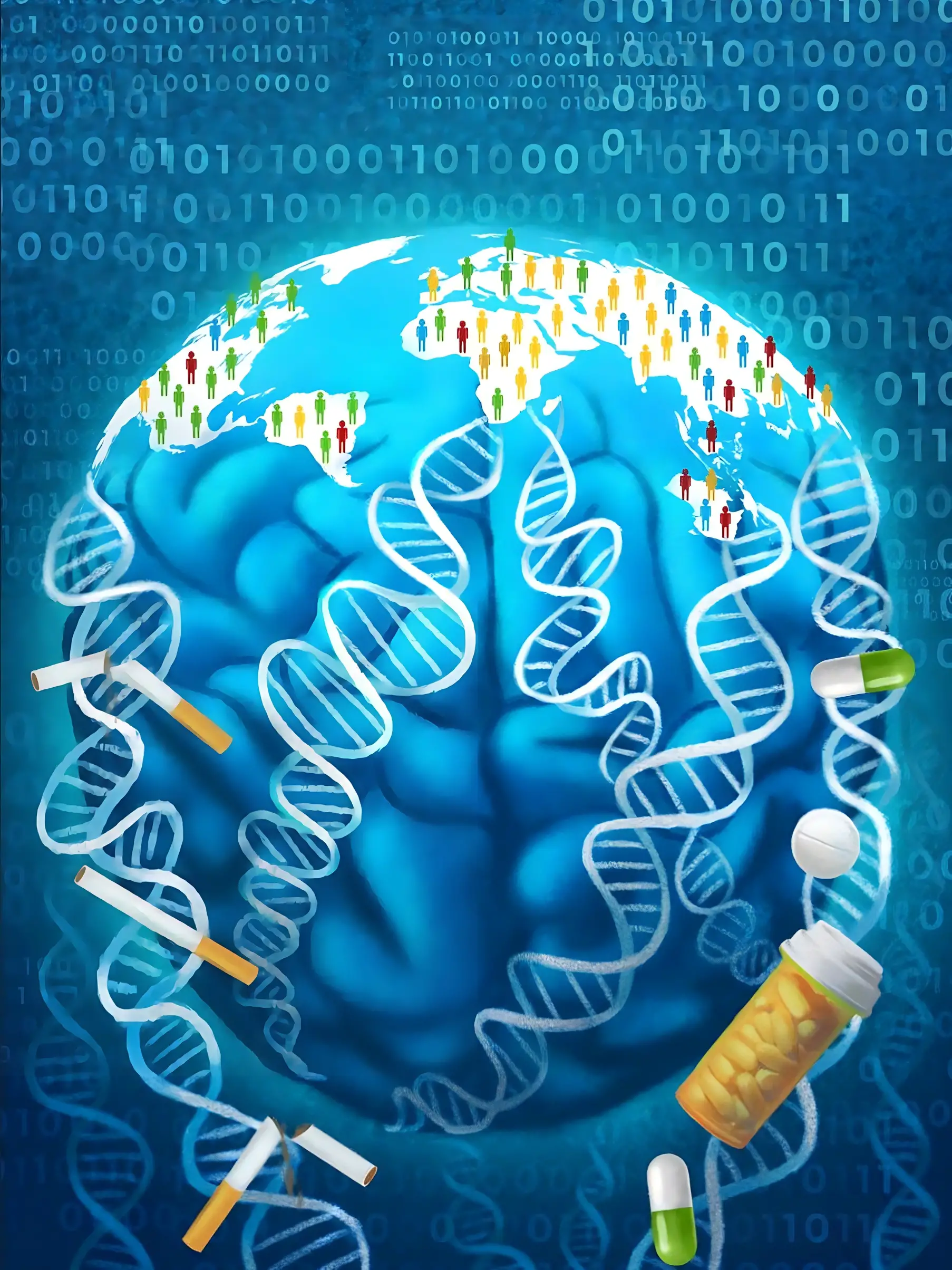Gut Health is the overall function of your digestive system, including the bacteria, fungi and other microorganisms that live in the intestinal tract. This is a complicated system that works to break down and absorb food, water, nutrients, waste and toxins.
Your gastrointestinal tract (the part of your body that contains your gut) breaks down food and helps you absorb essential vitamins, minerals, protein and fats for your overall health and well-being. It also eliminates waste and toxins from your body.
It’s also a communication center for your brain, and it sends messages back and forth with your nervous system to help you process what you see, smell, hear and feel. It also makes neurotransmitters like serotonin, which is associated with a sense of happiness and feeling good.
Impaired GI function can lead to many diseases, including digestive disorders, obesity, heart disease, mental health issues and immune system conditions, so assessing and improving your gut health is key for your overall wellbeing.
Eating healthy, getting 7-8 hours of sleep, stress reduction and exercising can all improve your gut health. But remember that healing your gut will take time, dedication and consistency.
Several studies have shown that imbalances in the gut microbiome can be linked to conditions such as depression, anxiety and chronic pain. Adding probiotics and prebiotics, which are foods that boost the growth of bacteria in your gut, can also help. But be careful to speak with a doctor about taking supplements, as not all are reputable and safe for your health.

